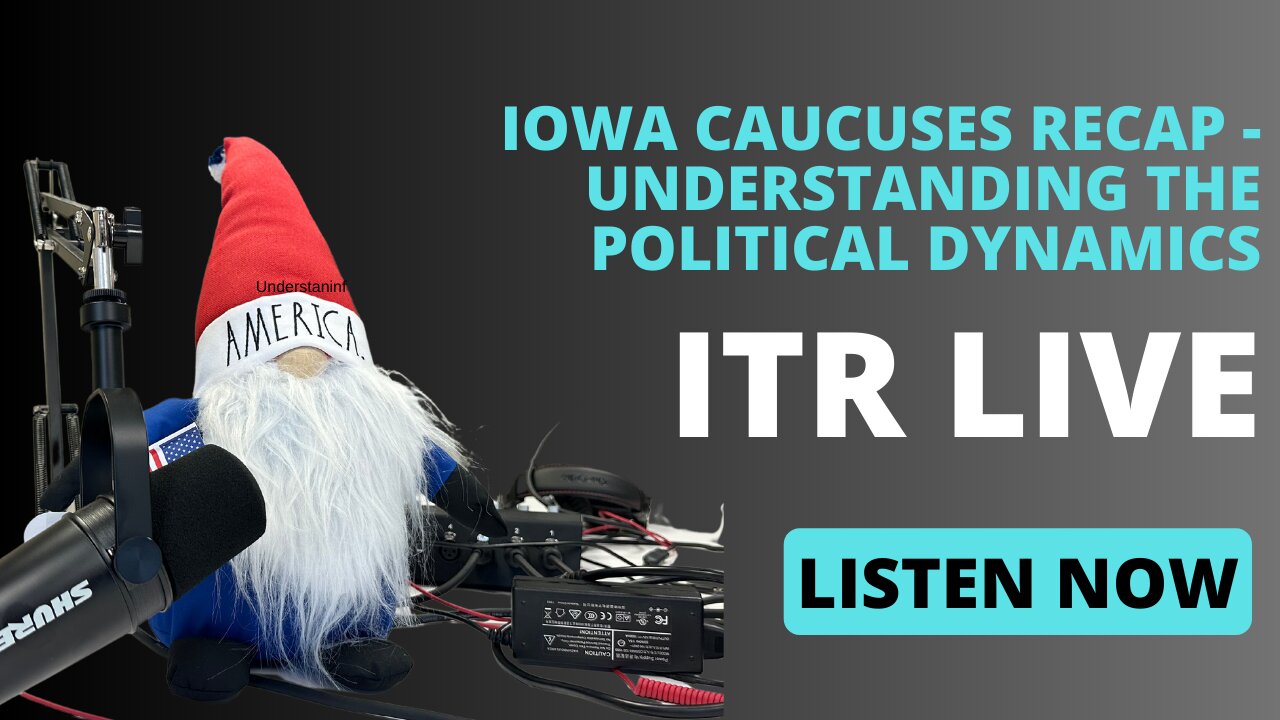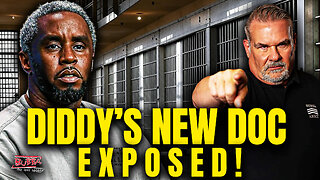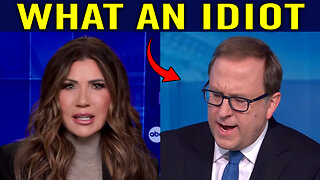Premium Only Content

Understanding the Dynamics of the Iowa Caucuses
The Iowa caucuses have long been a pivotal fixture in American politics, serving as an early barometer for presidential hopefuls. These community events go beyond just casting a vote; they are a unique blend of civic duty, social interaction, and grassroots campaigning. The recent caucuses have seen lively participation, which stands as a testament to their significance.
Local residents not only exercise their democratic right but also seize the opportunity to engage with neighbors, forge new friendships, and delve into community-oriented discussions. From sharing notes on holiday decorations to braving cold weather in shorts, the camaraderie and local flavor at these gatherings often overshadow the political divide. The caucus environment fosters a sense of unity, underscoring the role that personal relationships play in political mobilization and decision making.
A closer analysis of voter demographics provides fascinating insights into the shifting dynamics within the electorate. Suburban areas, in particular, have emerged as crucial battlegrounds, reflecting changing political alignments and preferences. The engagement patterns in these areas, often home to well-informed and highly active voters, could signal broader trends in the political currents at a national level.
Demographic variables such as age, educational attainment, and religious affiliation often correlate strongly with candidate support. Dissecting these correlations provides a richer, more nuanced understanding of the election landscape. How different segments of the population – from evangelicals to the highly educated – gravitate towards candidates reveals much about the ideological and cultural factors at play in the contemporary political environment.
The tangible influence of local political figures in Iowa's caucus outcomes cannot be understated. Public endorsements by individuals like Attorney General Brenna Bird and Senator Brad Zaun can sway caucus results. They, alongside Iowa representatives like Bobby Kaufman and national figures such as former acting Attorney General Matt Whitaker, play pivotal roles in bolstering a candidate's campaign and embody the importance of local support in the fabric of the national political scene.
As the Iowa caucuses continue to paint a complex portrait of Republican voter preferences and allegiances, the nuanced understanding gathered from these local and demographic trends will be valuable for strategists and candidates alike. With the eyes of the nation often turning to Iowa as a predictor of electoral tendencies, the insights gained from these political gatherings are a crucial barometer for anticipating the trajectory of the American political landscape.
-
 LIVE
LIVE
LFA TV
10 hours agoLIVE & BREAKING NEWS! | TUESDAY 12/02/25
2,667 watching -
 11:36
11:36
tactical_rifleman
11 days agoNever Run Out Of Ammo | Magazine Pez Dispenser | Tactical Rifleman
367 -
 26:11
26:11
Upper Echelon Gamers
14 hours ago $0.06 earned"Her" Wasn't Fiction - Its Real
2131 -
 3:11
3:11
Canadian Crooner
2 years agoPat Coolen | It's Beginning to Look A Lot Like Christmas
50.6K17 -
 5:22
5:22
DropItLikeItsScott
1 day agoThe GLOCK Killer? Shadow Systems XR920 / Would You Choose It?
1016 -
 LIVE
LIVE
BEK TV
22 hours agoTrent Loos in the Morning - 12/01/2025
254 watching -
 LIVE
LIVE
The Bubba Army
21 hours agoDIDDY'S NEW DOC EXPOSED! - Bubba the Love Sponge® Show | 12/02/25
2,306 watching -
 40:10
40:10
ZeeeMedia
13 hours agoFDA Memo: "Covid-19 Vaccines Have Killed American Children" | Daily Pulse Ep 153
5.67K26 -
 LIVE
LIVE
Pickleball Now
5 hours agoLive: IPBL 2025 Day 2 | High-Intensity Matchups Continue in the Indian Pickleball League
231 watching -
 15:11
15:11
itsSeanDaniel
1 day agoAngry Liberal Defends ILLEGALS, Then Gets CALLED OUT For It
40.1K24